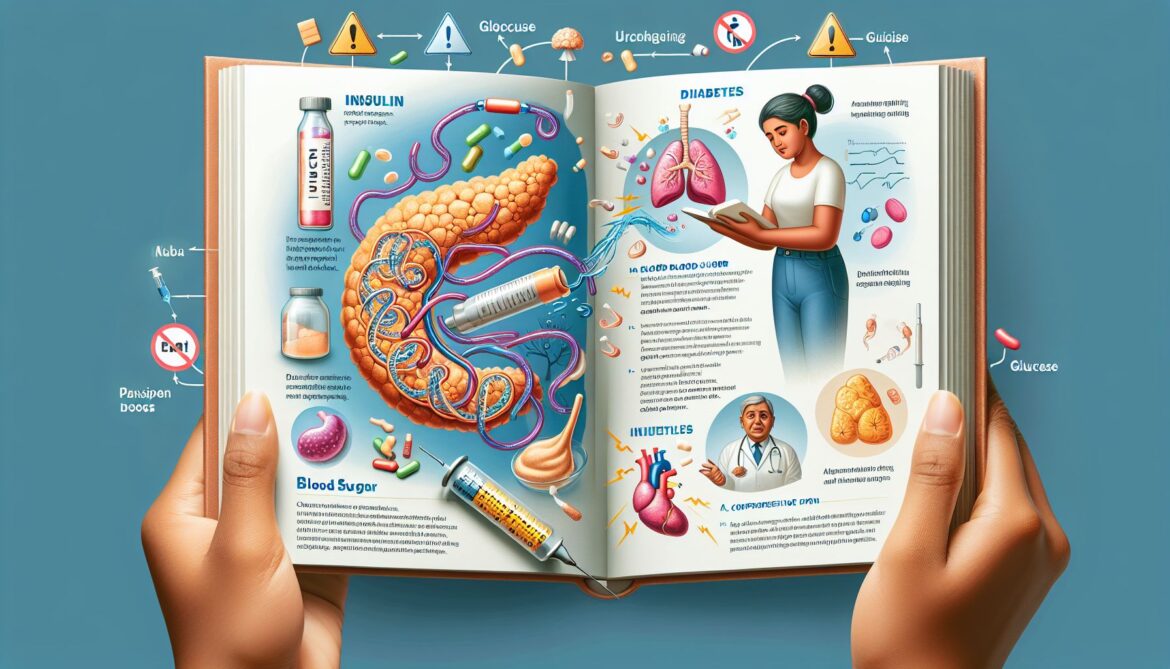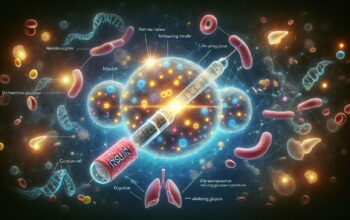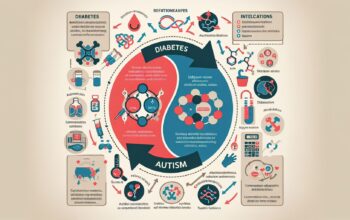Diabetes is a chronic and devastating condition that affects an estimated 463 million people globally; this number is projected to rise to 700 million by 2045. The close link between insulin and diabetes is profound and understanding it is crucial to managing this condition. This article comprehensively discusses everything you need to know about insulin, how it is related to diabetes, and why it’s integral in diabetes management.
Understanding the Basics: Insulin
Before delving into its relationship with diabetes, it is crucial first to understand what insulin is. Found in the pancreas, insulin is an important hormone that plays a significant role in regulating glucose levels in the blood. Upon eating, your body breaks down the carbohydrates into glucose, which then enters your bloodstream. This increase in blood glucose compels your pancreas to produce and release insulin.
Insulin aids the cells in your body to absorb glucose and use it as a source of energy. Without insulin, glucose cannot enter the cells; as such, they remain in your bloodstream. This situation leads to higher levels of glucose in your blood, resulting in hyperglycemia. Constant hyperglycemia often leads to severe health problems, like diabetes.
The Connection: Insulin and Diabetes
There are two types of diabetes: type 1 and type 2. Both conditions exhibit similar symptoms, but their causes are significantly different.
Type 1 Diabetes
Type 1 diabetes is an autoimmune condition that arises when the immune system mistakenly targets and destroys insulin-producing beta cells in the pancreas. Consequently, the organ can no longer produce insulin, leading to high levels of glucose in the bloodstream. This type of diabetes often appears during childhood or adolescence.
Type 2 Diabetes
As the most common form of diabetes, type 2 affects a significant portion of the global population. Your risk of getting it greatly increases if you have a family history of diabetes or if you lead an unhealthy lifestyle.
In type 2 diabetes, the body’s cells become resistant to insulin or the pancreas does not produce enough insulin. You can often manage this type through a blend of dietary changes, physical activity, and medication.
Importance of Insulin in Diabetes Management
Insulin is a crucial component in the management of diabetes for both types.
For Type 1 Diabetes
Since the body cannot produce insulin, those diagnosed with type 1 diabetes need to take insulin every day. This treatment usually comes in the form of injections. The dosage and timing of this insulin often depend on factors like blood sugar levels, food intake, and physical activity.
For Type 2 Diabetes
While lifestyle changes are often the first line of defense against type 2 diabetes, insulin therapy may become necessary over time as the disease progresses. It can also be used in cases where other treatments are ineffective in controlling blood sugar levels.
Do not underestimate the importance of using insulin properly. Improper usage can lead to serious health risks such as severe low or high blood sugar levels. Therefore, ensure to follow all instructions bestowed by your care team precisely.
Myths and Truths about Insulin
Several myths and misconceptions around insulin and its usage persist. Here are several common myths debunked:
- Myth: Needing insulin signifies failure. Truth: The need for insulin is neither your failing nor the failing of your medications. It may indicate a change in your condition; your pancreas may be producing lesser insulin or your body may be more resistant to insulin.
- Myth: Insulin is dangerous. Truth: Insulin is an important component in managing diabetes. It effectively lowers blood sugar and aids in the prevention of diabetes complications.
- Myth: Insulin shots are painful. Truth: Insulin injections are carried out with a tiny needle and are virtually painless.
Conclusion
Understanding the relationship between insulin and diabetes is key to effectively managing this chronic condition. It’s a vital hormone produced by our bodies to control blood glucose levels and keep us healthy. Differences in insulin production or effectiveness can lead to diabetes. However, through proper insulin management, a person with diabetes can lead a balanced and normal life. Always consult healthcare professionals regarding your diabetes management plan. It’s vital to stay informed and proactive, as it will greatly contribute to overall health and quality of life.




